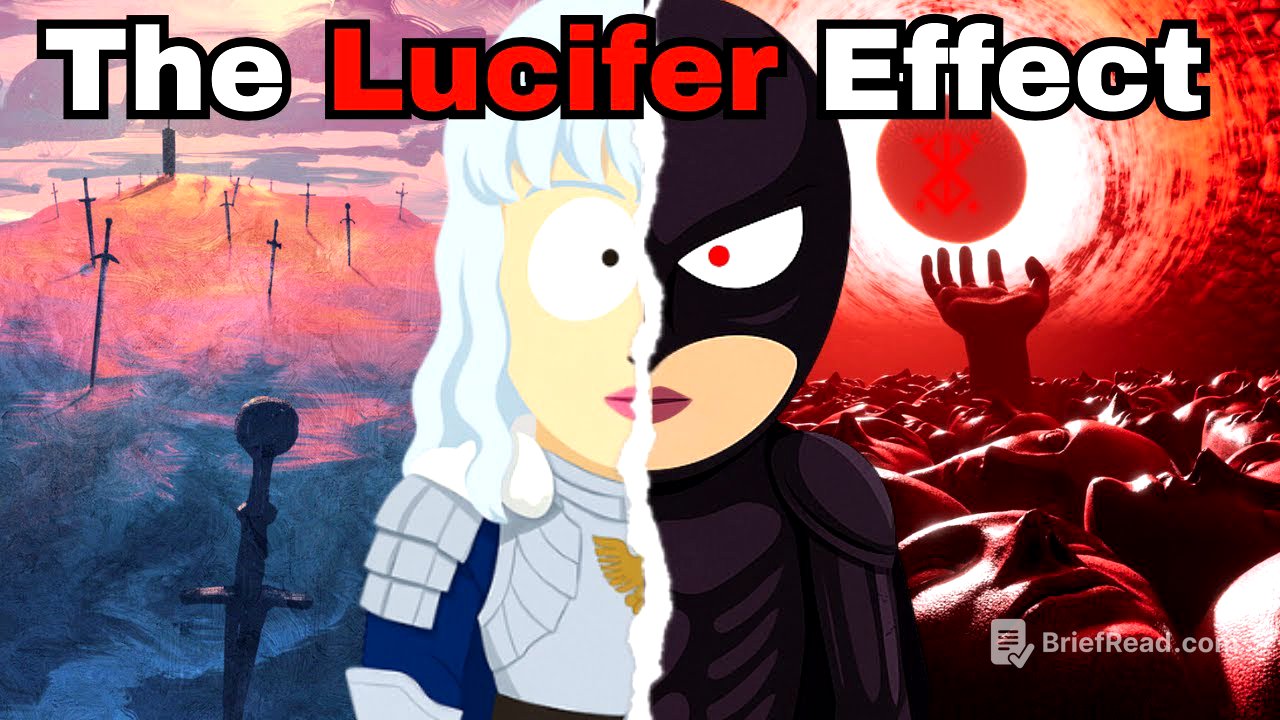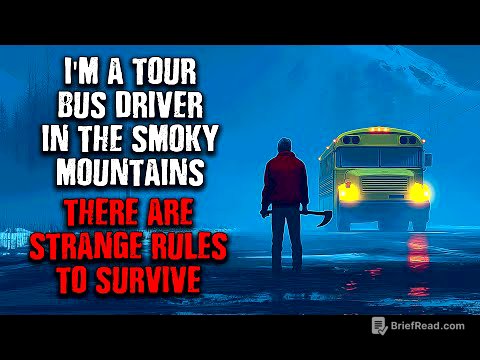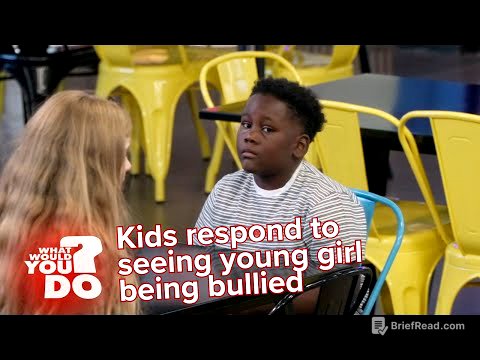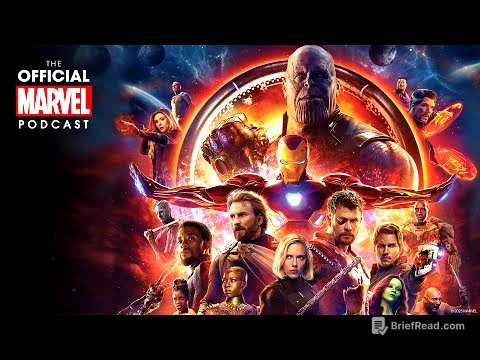TLDR;
The video discusses how people often hide from their problems instead of healing, engaging in self-destructive behaviors and mistaking them for self-care. It emphasizes that life's challenges are inevitable, and one's response to them determines their path. The speaker argues against romanticizing trauma and adopting a victim mentality, advocating for personal responsibility and the power of choice in changing one's life.
- People often hide from their problems instead of healing.
- Life's challenges are inevitable, and one's response to them determines their path.
- Romanticizing trauma and adopting a victim mentality is harmful.
- Personal responsibility and the power of choice are key to changing one's life.
Intro: Hiding vs. Healing [0:00]
The video starts by criticizing behaviors like excessive doom scrolling and other distractions, which are often mistaken for self-care. These actions are portrayed as a form of hiding from one's problems rather than addressing them. The speaker warns against becoming bitter and unproductive, emphasizing the importance of facing one's issues instead of numbing them. He uses his own experiences to illustrate that overcoming challenges is possible and encourages viewers to take control of their lives before it's too late.
The Problem with Checking Out [1:04]
The speaker discusses how many people retreat into hedonistic behaviors like pornography, drugs, and alcohol to avoid dealing with discomfort and problems. This avoidance leads to identifying with pain and trauma, which becomes a self-proclaimed identity. The speaker stresses that while everyone faces difficulties, the difference between successful individuals and those who remain stuck is their response to these challenges. He argues against using trauma as an excuse for inaction and encourages viewers to rise above their circumstances.
Numbness Isn't Peace [2:47]
The speaker argues that numbness is not peace but a coping mechanism to deal with the stresses of reality. He points out that life is full of ups and downs, and struggles should be seen as opportunities for growth. He criticizes those who disconnect from the world and claim to be protecting their peace, stating that they are often protecting their ego and avoiding uncomfortable truths about themselves. The speaker suggests that social media contributes to this issue by promoting the idea that turning cold is a form of character development.
The Lucifer Effect [5:51]
The speaker introduces the Lucifer Effect, which explains how good people can turn evil when placed in the wrong situations due to factors like power, pressure, and isolation. He uses the example of Obito from Naruto to illustrate how tragedy and manipulation can transform someone into something they are not. The speaker emphasizes that perception is key: believing oneself to be a victim prevents change. He urges viewers to stop romanticizing their downfalls and start fighting to improve their lives.
Taking Accountability [7:06]
The speaker challenges the saying, "You either die a hero or live long enough to become the villain," calling it an excuse to avoid accountability. He argues that becoming a villain is not inevitable and that individuals choose their actions. He stresses that no one forces anyone to make destructive choices and that people have the power to change their lives at any moment. The speaker encourages viewers to stop blaming fate and take responsibility for their decisions, as believing in self-created narratives becomes a self-fulfilling prophecy.
Choice to Change [8:47]
The speaker concludes by emphasizing that change is a choice and urges viewers to decide whether they will remain stuck or transform their lives. He shares his personal commitment to growth despite challenges, viewing hurdles as opportunities. He encourages viewers to pick themselves up, recognize their ability to change, and strive for better for themselves and those who depend on them. The video ends with a call to action: choose growth over stagnation.









